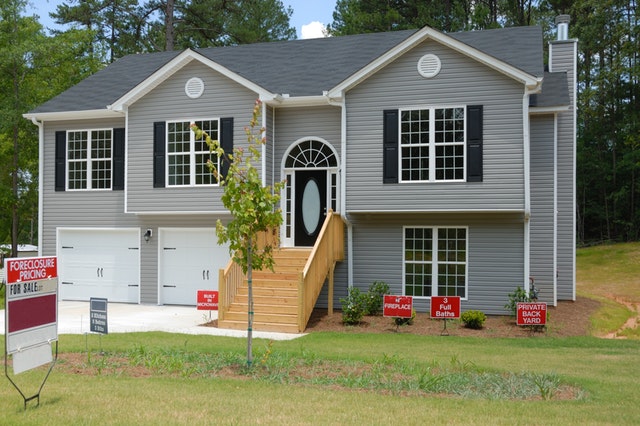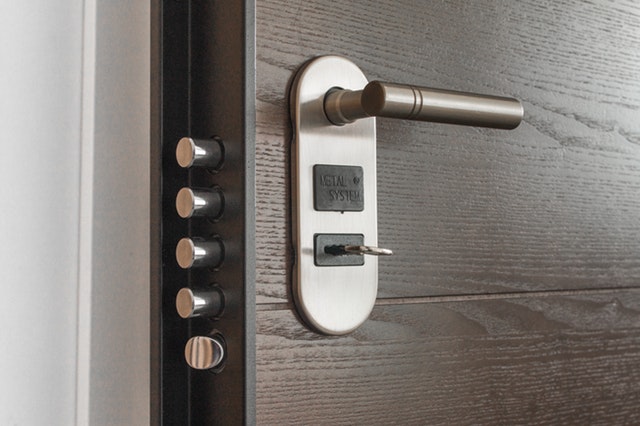Five Things to Do With a Windfall Other Than Spend it Right Away

Perhaps you have won the lottery, received an inheritance, or cashed in one of your investments, and now you have a large sum of money you don’t know what to do with.
Although it is tempting to cruise around town in a brand new sports car it is important to think carefully about how to spend your newfound cash.
To give you some ideas on the smartest way to use your new wealth, here are five things to do with a windfall other than spend it right away:
1. Erase Your Debt
Your new found money will allow you to clear up all of your debts, which will lift a huge financial burden off your back and give you a lot of freedom. Start with the debts with the highest interest first, such as your credit card debts.
2. Create an Emergency Fund
Calculate how much money you would need to cover your living expenses for 6 months. Take this amount off your windfall and place it into a savings account. This money will be your fail safe. In case of an emergency, such as you hurt yourself, become ill, or lose your job, you will have enough money to live comfortably until times get better, without having to go into debt.
3. Invest in Your Home
If you spend your windfall on a renovation for your home, there is a good chance that you can increase your property value enough to make it more than worth it. Talk to estate agents in your area to determine which type of home improvement will increase your home’s value the most, but usually kitchens and bathrooms are the best rooms to update.
4. Buy a Vacation Property
Consider putting your newfound wealth into a holiday home overseas in a popular destination. You will be able to enjoy lounging on the beach there, and when you are not using it you can rent out the home to tourists to cover the costs. Later on in life when you want to retire, you will always have the option of moving there!
5. Live Off the Interest
If you won a million dollars in the lottery, you could spend it right away on a huge house and a car and then have nothing left. Or, you place it in an investment account and have it earn 6% annually. At this rate you would have approximately $5,000 per month or $60,000 per year without ever touching your initial sum. You could easily live off this amount and never have to work again.
These are a few ideas of what you could do with your money if you are lucky enough to receive an unexpected windfall.
Do you have any other ideas of how you could use your windfall?

 A short sale is when the mortgage lender(s) agrees to sell the property for a lower amount than the loan-balance remaining.
A short sale is when the mortgage lender(s) agrees to sell the property for a lower amount than the loan-balance remaining. A reverse mortgage is a way to use the equity value that built up in a home to improve the quality of life for those who have appropriate circumstances when they reach the retirement age of 62 or older. With a reverse mortgage, a person continues to live in their own home and retains the title to it but does not have to make any monthly reverse mortgage payments.
A reverse mortgage is a way to use the equity value that built up in a home to improve the quality of life for those who have appropriate circumstances when they reach the retirement age of 62 or older. With a reverse mortgage, a person continues to live in their own home and retains the title to it but does not have to make any monthly reverse mortgage payments. One of the best things about moving into a new home is personalizing it and really making it yours. From hanging wall art to arranging furniture to finding the perfect spot for your grandmother’s hand crocheted afghan, it’s a real joy to decorate.
One of the best things about moving into a new home is personalizing it and really making it yours. From hanging wall art to arranging furniture to finding the perfect spot for your grandmother’s hand crocheted afghan, it’s a real joy to decorate. Last week’s economic releases included readings on construction spending, public and private sector jobs and national unemployment. Weekly reports on mortgage rates and first-time unemployment claims were also released.
Last week’s economic releases included readings on construction spending, public and private sector jobs and national unemployment. Weekly reports on mortgage rates and first-time unemployment claims were also released.